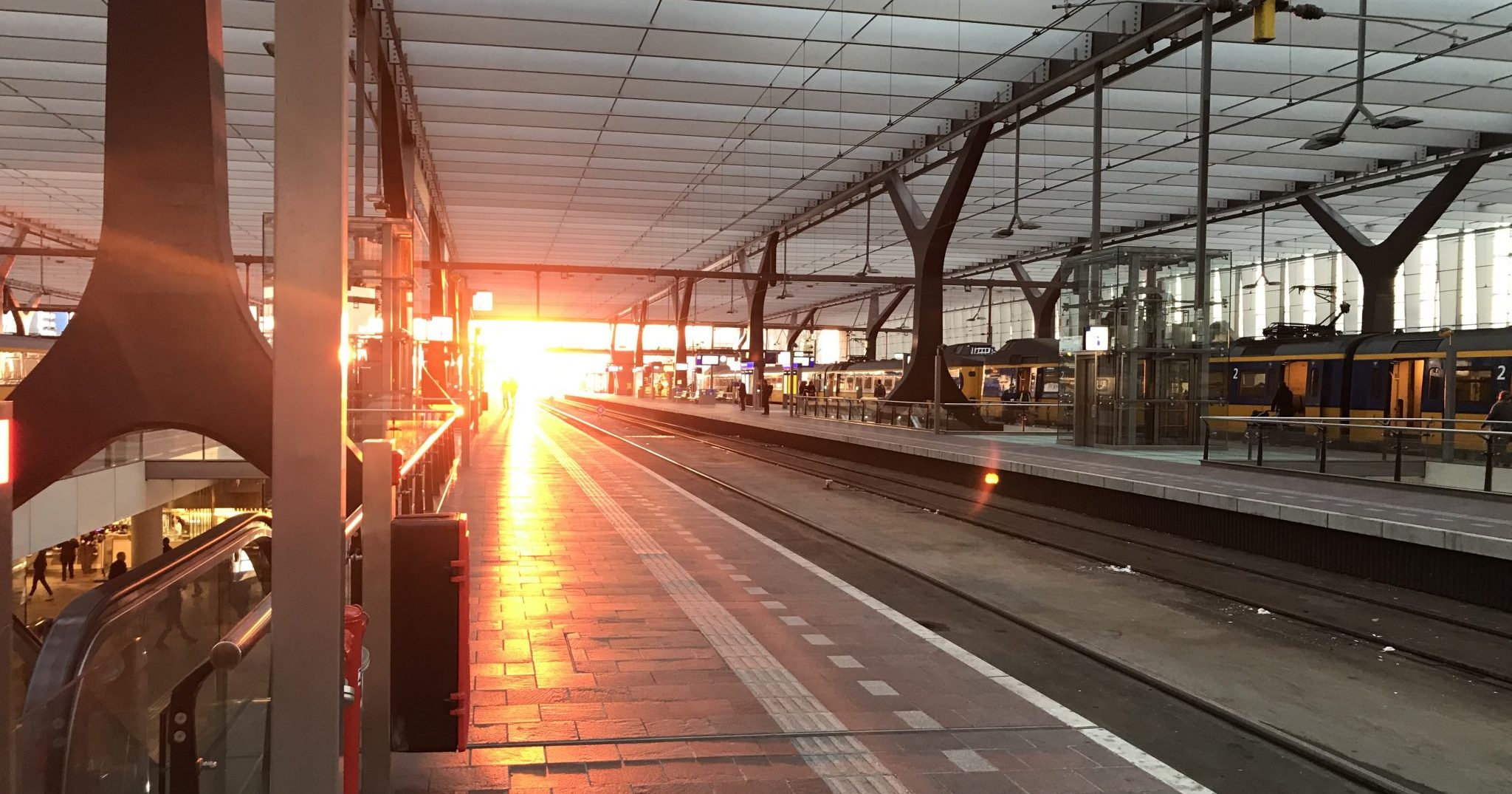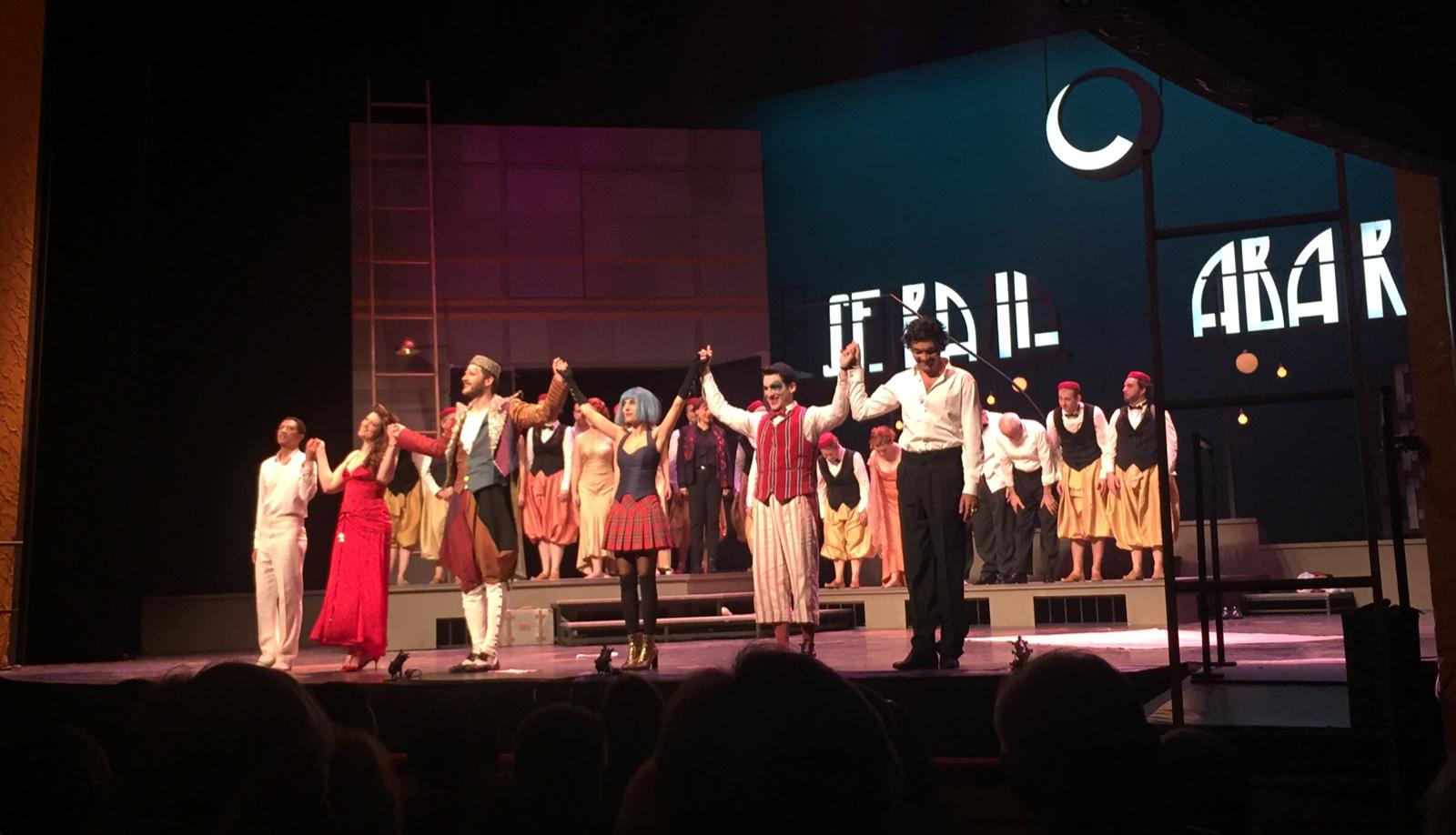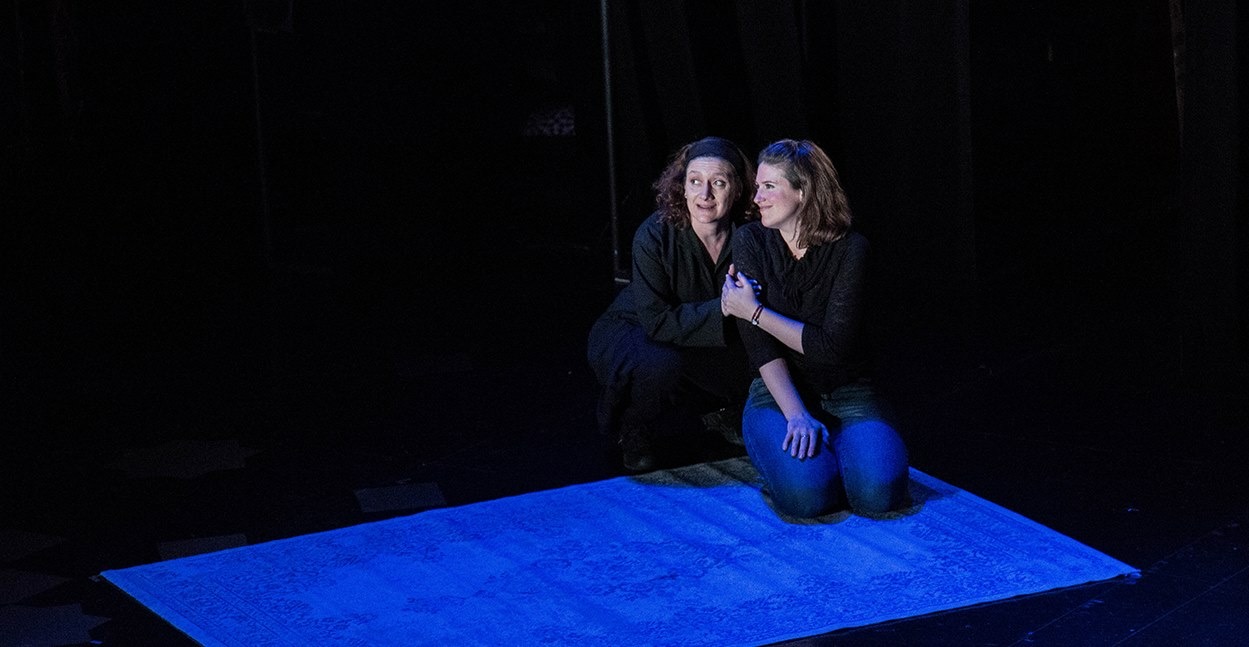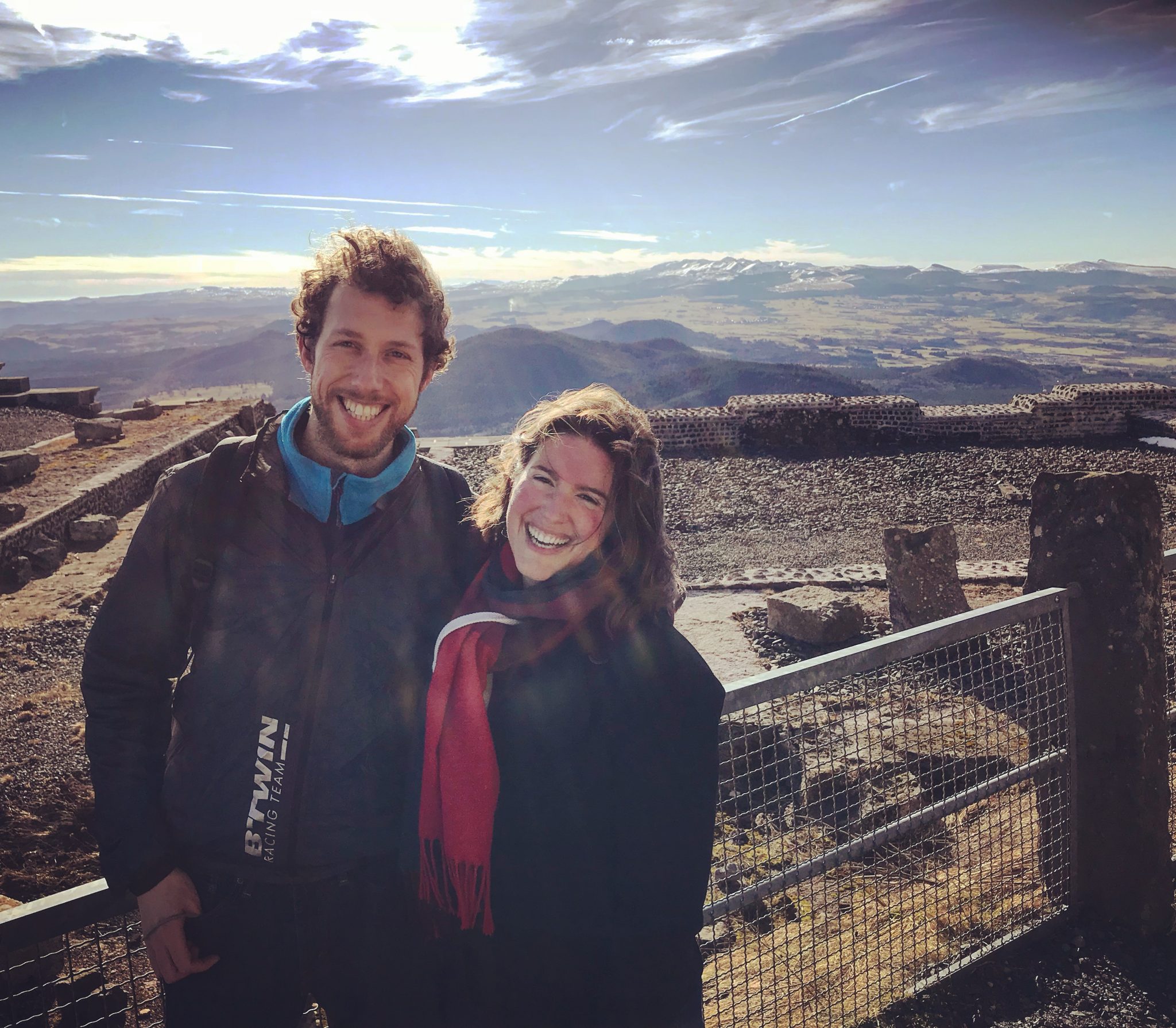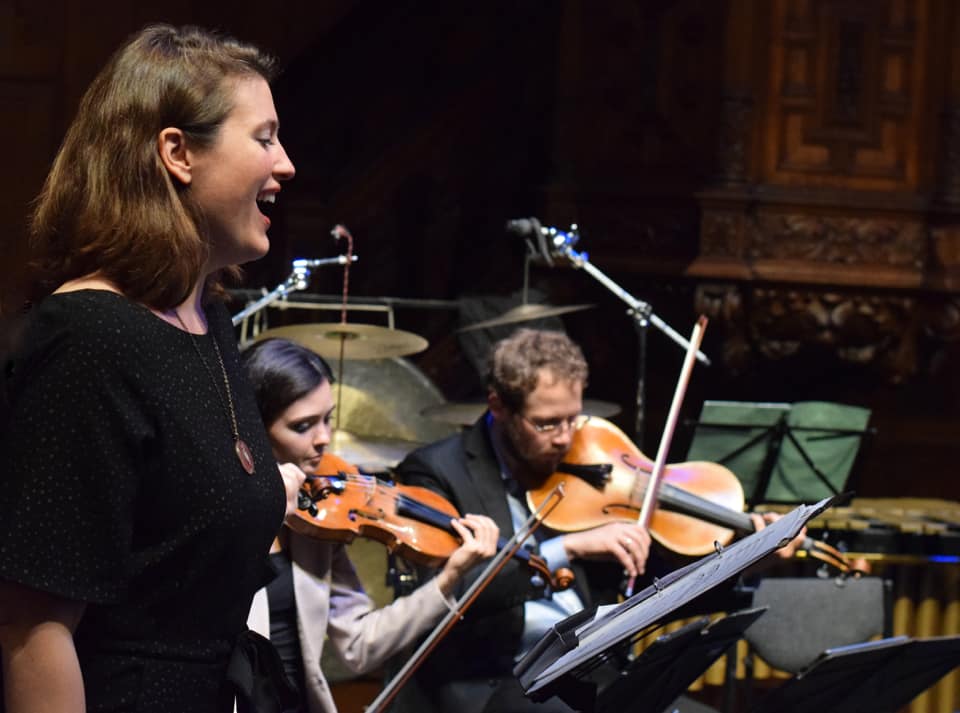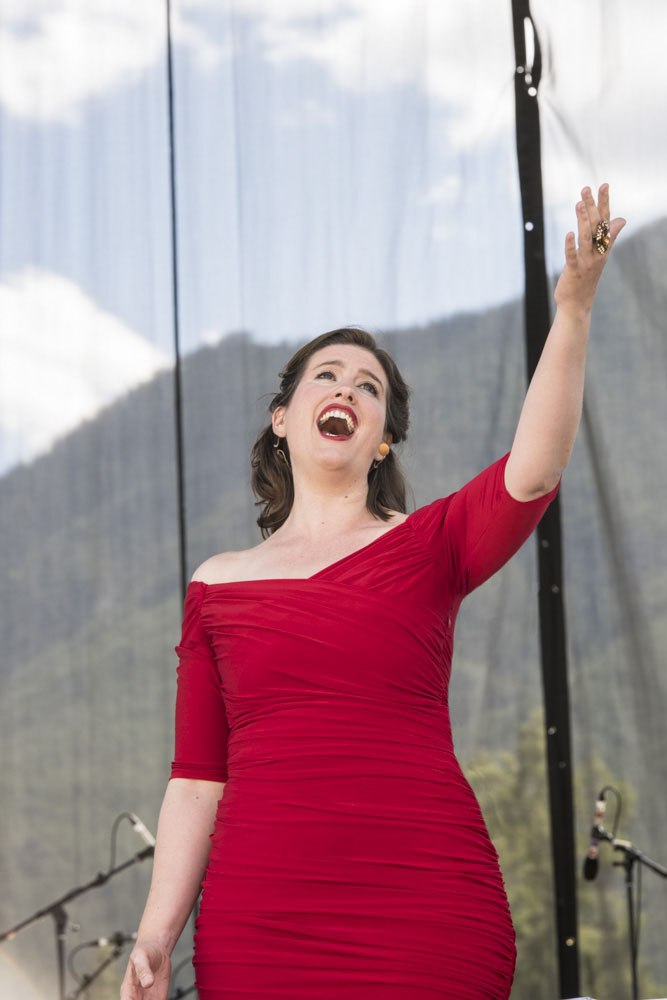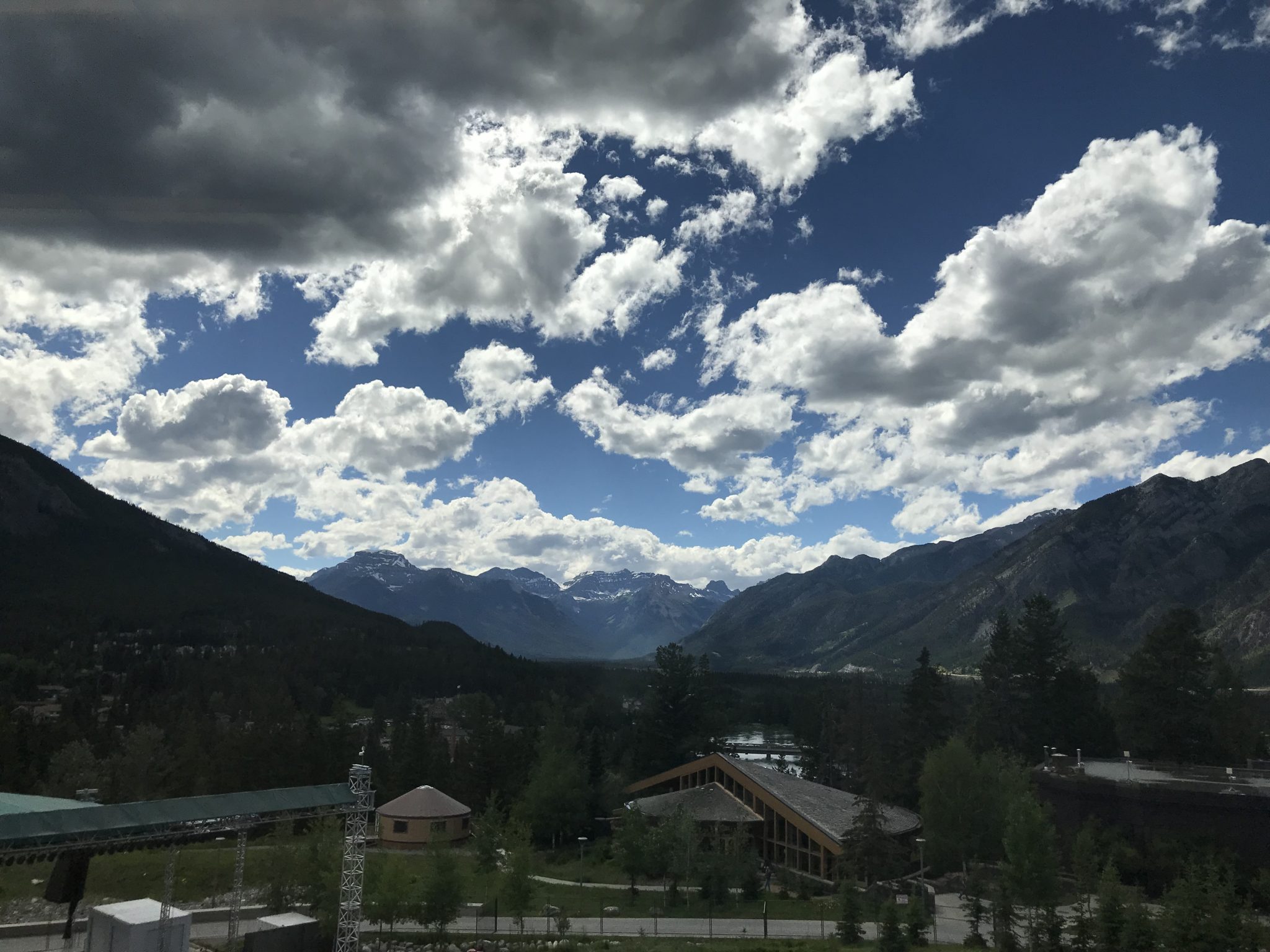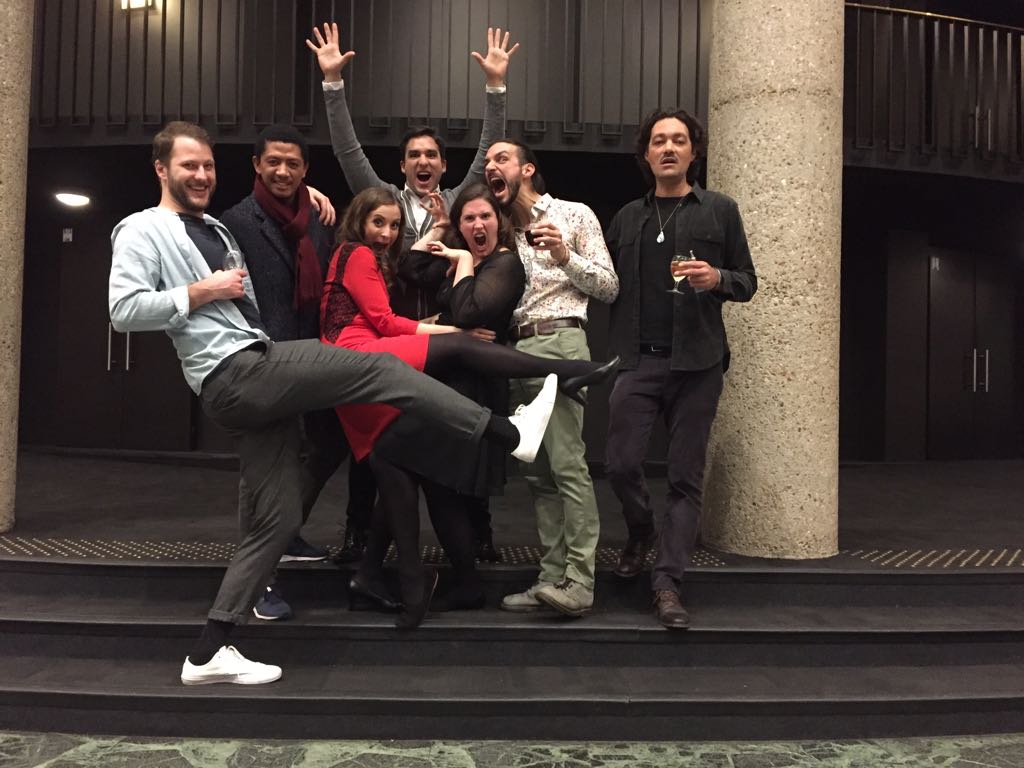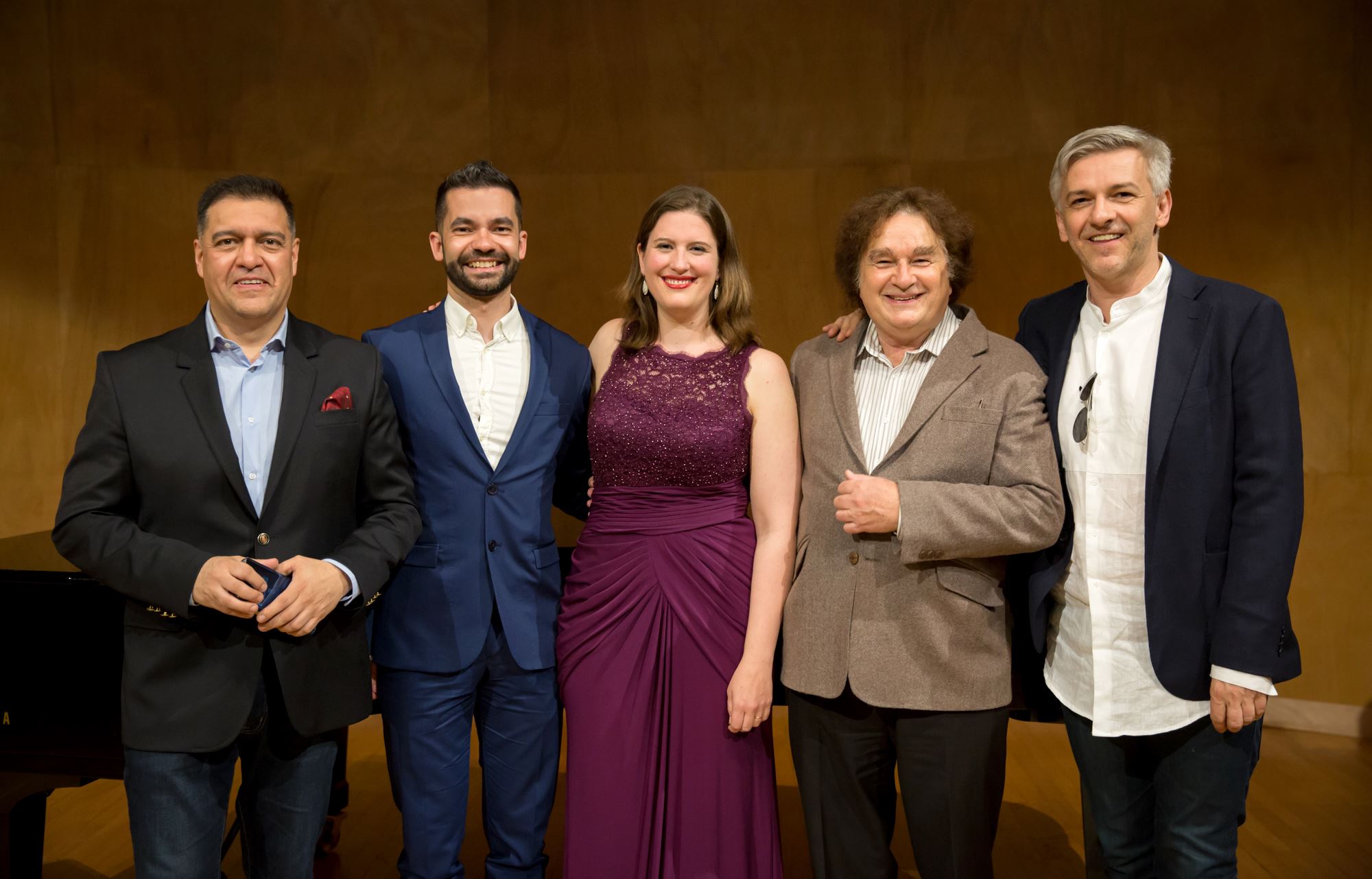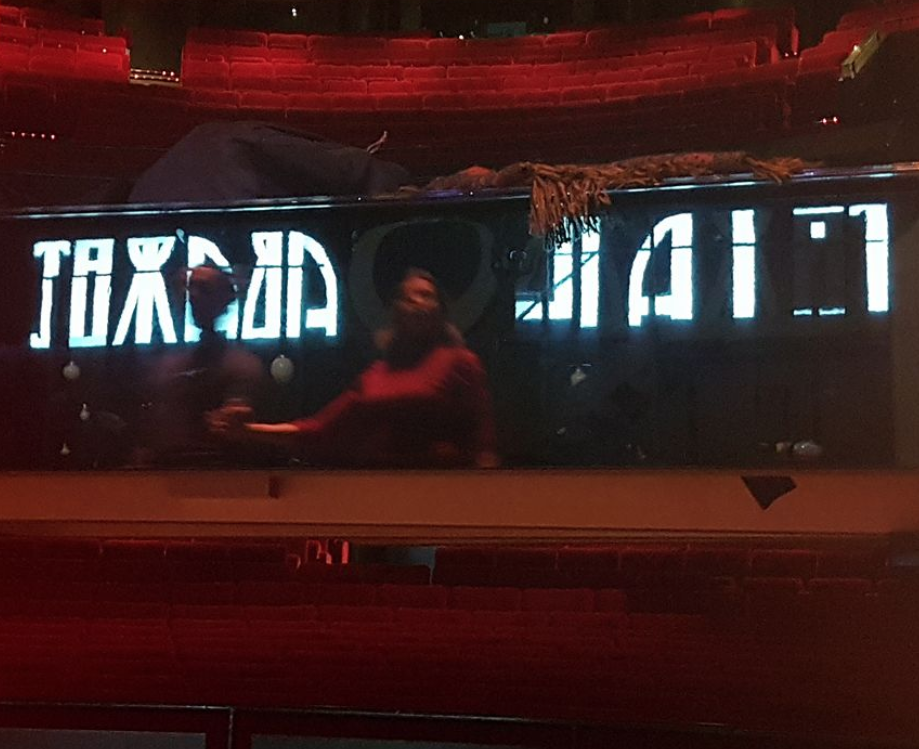December 31, 2018
In
Blog
Happy end of 2018, friends.
It’s been a hard one for many of us. For me and my work, there have been moments of almost unbearable intensity, both good and bad, and stretches that were entirely business-as-usual. Typically, the latter periods bring stability and groundedness, but sometimes this year they did the opposite, which was to wind me up so much with feelings of banality and wheel-spinning that I occasionally wanted to quit everything and hide under the bedcovers for a month or two and emerge only when I had cried out all the feelings and knew what I wanted—which, needless to say, never happened; so I kept going, didn’t quit, cried on the train sometimes, and always did my job creditably, I think, even when I was seething inside. Finally, I’ve had a week or two over the holidays to hide out in the house and truly rest, taking a real break from work for the first time in a year or more—knitting, watching movies, listening to podcasts, cooking, enjoying the company of a few close people, and finally, remarkably, enjoying my own company—and that, simply, turns out to have been the main thing I needed. I’ve been sleeping through the nights instead of awake for hours with anxiety or disorientation. Early this morning, I excitedly texted a menu idea to a friend with whom I’m celebrating tonight, and got back the following response: “I’m glad that after having a turbulent year, the thing you’re thinking about lying awake at night is food and friends.”
A year ago today, the above photo was taken in France. I was a few weeks into the life-changing time in Clermont-Ferrand, the production that has most defined the year for me and shown me the direction I want to go. (Even though I don’t completely know what I want, I’ve learned that I want at least this: doing a lower volume of work at a higher level, not burning out, and being paid better for higher-quality preparation.) The photo looks idyllic, doesn’t it? It was a gorgeous, sunny New Year’s Eve with recent snow, my husband was visiting, and a generous member of the opera chorus took us up to hike the Puy de Dome. It was spectacular. When the photo popped back into my feed this morning, my first feeling was nostalgia for that moment, for those weeks. It seemed like a simpler, less confusing time.
But then I began to remember some of the feelings from that time that I’d forgotten about, or pushed away. READ MORE

